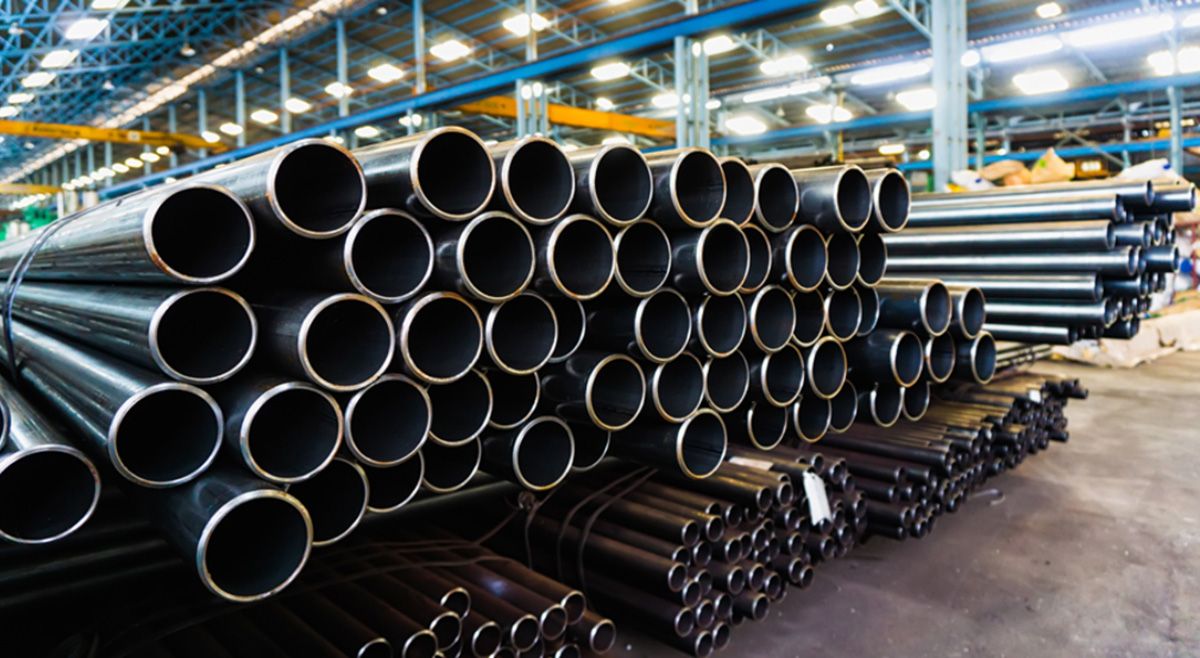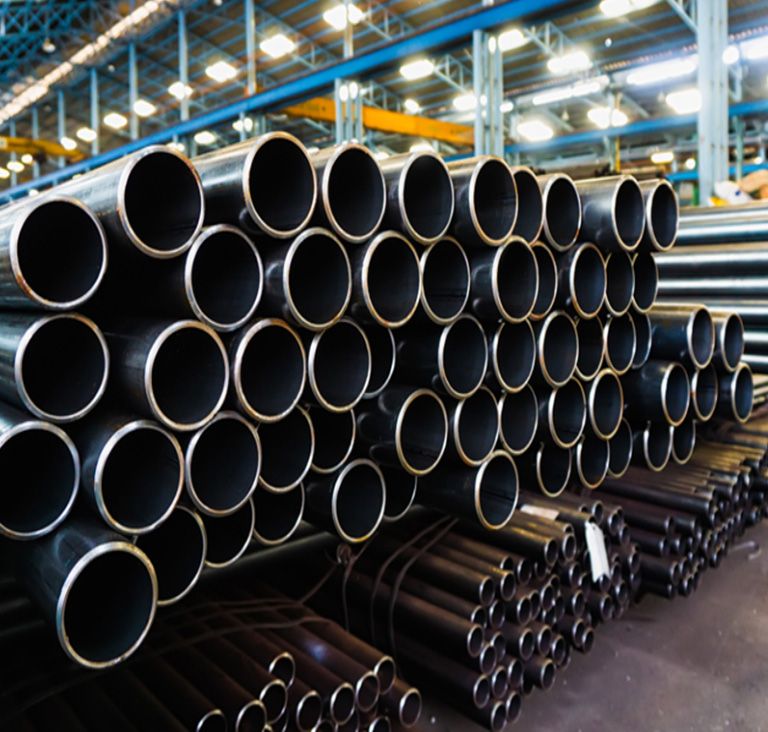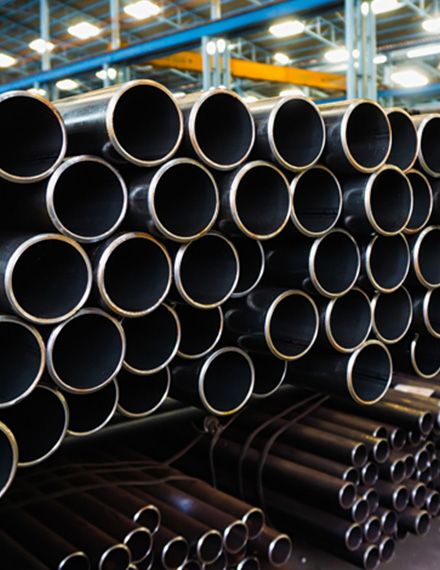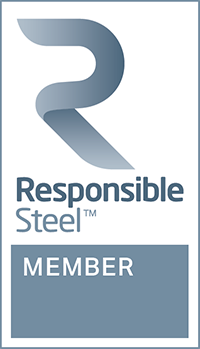How Alloy Steel Solutions
Are Revolutionising Automotive Manufacturing
The automotive industry is undergoing a significant change, driven by technological advancements and a shift towards sustainable practices. At the heart of this evolution lies alloy steel, which has become indispensable in modern vehicle manufacturing. Its unique properties offer a blend of strength, durability, and versatility, making it a cornerstone in producing vehicles that meet today's performance and safety standards.
Modern vehicles need strong, lightweight, and adaptable materials to new designs. That's where alloy steel comes in. With its high strength-to-weight ratio, durability, and versatility, it's helping manufacturers create safer, more fuel-efficient, and longer-lasting vehicles. In India, where the automotive industry is set to double in size to ₹15 lakh crore by the end of 2024, alloy steel solutions are becoming more significant than ever.
The Automotive Industry's Big Leap
India is on track to become a global hub for automobile production. The rise of EVs, stricter safety norms, and increasing demand for high-performance vehicles have pushed manufacturers to rethink their approach. Traditional steel, while reliable, often falls short of meeting the evolving needs of the industry.
That’s why alloy steel offers better strength and corrosion resistance while reducing overall vehicle weight. In the push for sustainability, lightweight materials help improve fuel efficiency, making cars more eco-friendly. For EVs, where battery weight is a major concern, using lighter yet stronger materials like alloy steel ensures better mileage and performance.
Alloy Steel: The Foundation of Automotive Innovation
So, how exactly is alloy steel revolutionising vehicle manufacturing?
Making Vehicles Lighter and Stronger: Alloy steel is replacing conventional steel in key components like the chassis, body panels, and suspension systems. This helps reduce overall vehicle weight without compromising strength. Lighter vehicles mean better fuel efficiency, lower emissions, and improved performance, which are critical factors in today’s automotive industry.
Enhancing Safety on the Roads
Crash safety is a top priority for manufacturers, and alloy steel’s impact resistance makes a significant difference. It is widely used in crumple zones and reinforced structures, helping absorb and distribute impact energy during collisions. This ensures better passenger protection and contributes to higher safety ratings.
Durability & Corrosion Resistance: Improving Durability and Corrosion Resistance
India’s challenging road conditions—extreme heat, humidity, and heavy monsoon rains—can lead to rust and wear. Alloy steel’s corrosion-resistant properties help vehicles withstand these elements, reducing maintenance needs and increasing lifespan. This makes it an ideal choice for both passenger and commercial vehicles.
At JSW Steel, we understand the need for high-performance materials that align with the evolving automotive landscape. Our collaboration with POSCO, involving a $7.73 billion investment in Odisha, is a step toward developing advanced alloy steel solutions tailored for the automotive sector.
Beyond alloy steel, corrugated sheets are also making their way into automotive applications. Their unique design offers enhanced strength while keeping weight minimal, making them ideal for structural components in vehicle construction.
India's automotive industry is evolving at an unprecedented pace. With a strong push toward EVs, NEMMPs are expected to make up 30% of passenger cars by 2030. Therefore, the demand for advanced materials like alloy steel will only grow.
As manufacturers seek better performance, sustainability, and safety, alloy steel solutions will remain at the forefront of innovation. At JSW Steel, we're committed to providing the materials that drive this change, helping shape the future of automotive manufacturing, one innovation at a time.




